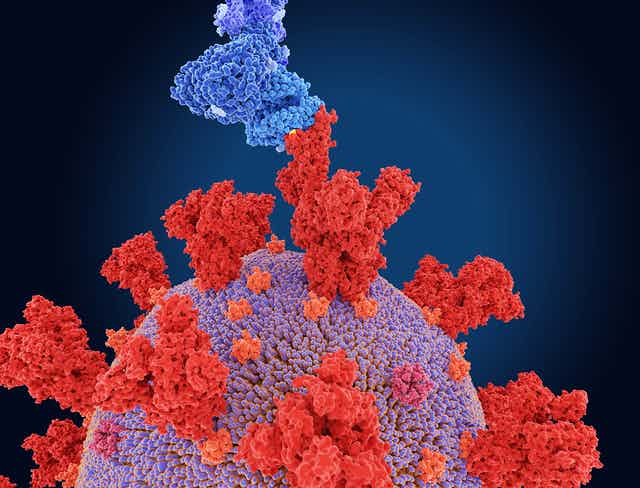With the emergence of the novel coronavirus, new variants and mutations have continued to emerge, with the Delta variant proving to be the most dangerous of all.
Now, a new COVID variant "Omicron" has set foot in the world. First detected in South Africa, the B.1.1.529 variant is said to be extremely dangerous. Because of the sudden surge in the number of COVID patients in South Africa, experts believe that the new variant has a high transmissibility rate. The World Health Organization (WHO) has declared B.1.1.529 a variant of concern. The variant of concern is linked to an increase in transmissibility, more severe disease (increased hospitalizations or deaths). Although there is no data available to suggest that Omicron is more transmissible. As of now, the Delta variant continues to remain the most dominant strain of the SARs-COV-2 virus. Symptoms are common - fever, sore throat, fatigue, headache and in severe cases shortness of breath, chest pain, etc.
Omicron virus and current COVID vaccine
According to the study, the new variant Omicron has over 30 mutations in the spike protein, which helps it potentially develop an 'immune-escape mechanism'. Spike protein is the compound that enables a virus to enter the host cell and is what makes it more transmissible and infectious. Most of the COVID vaccines are developed to form antibodies against the spike protein, the multiple mutations in the spike protein make it harder for the vaccines to identify the new alterations, making it less effective.
How dangerous is omicron?
However, according to the WHO, preliminary data suggests that there may be an increased risk of reinfection with 'Omicron'. That means those who have previously had COVID-19 could become reinfected more easily with this variant.
Given that viruses are bound to mutate, the SARs-COV-2 virus is no different. As of now, there are multiple COVID variants lingering in and around the world. That said, experts believe that there may be a need to update COVID vaccines just like the influenza shots.
Apart from the vaccines, health professionals and experts advise people to remain vigilant. People should do their part of wearing a mask, maintaining social distance and practicing healthy hand hygiene.

 A new COVID variant "Omicron" has set foot in the world. Will the existing vaccines remain effective against it? Read on to know about the same
A new COVID variant "Omicron" has set foot in the world. Will the existing vaccines remain effective against it? Read on to know about the same








.jpg)


.jpeg)








.jpeg)



.jpg)






.jpg)


